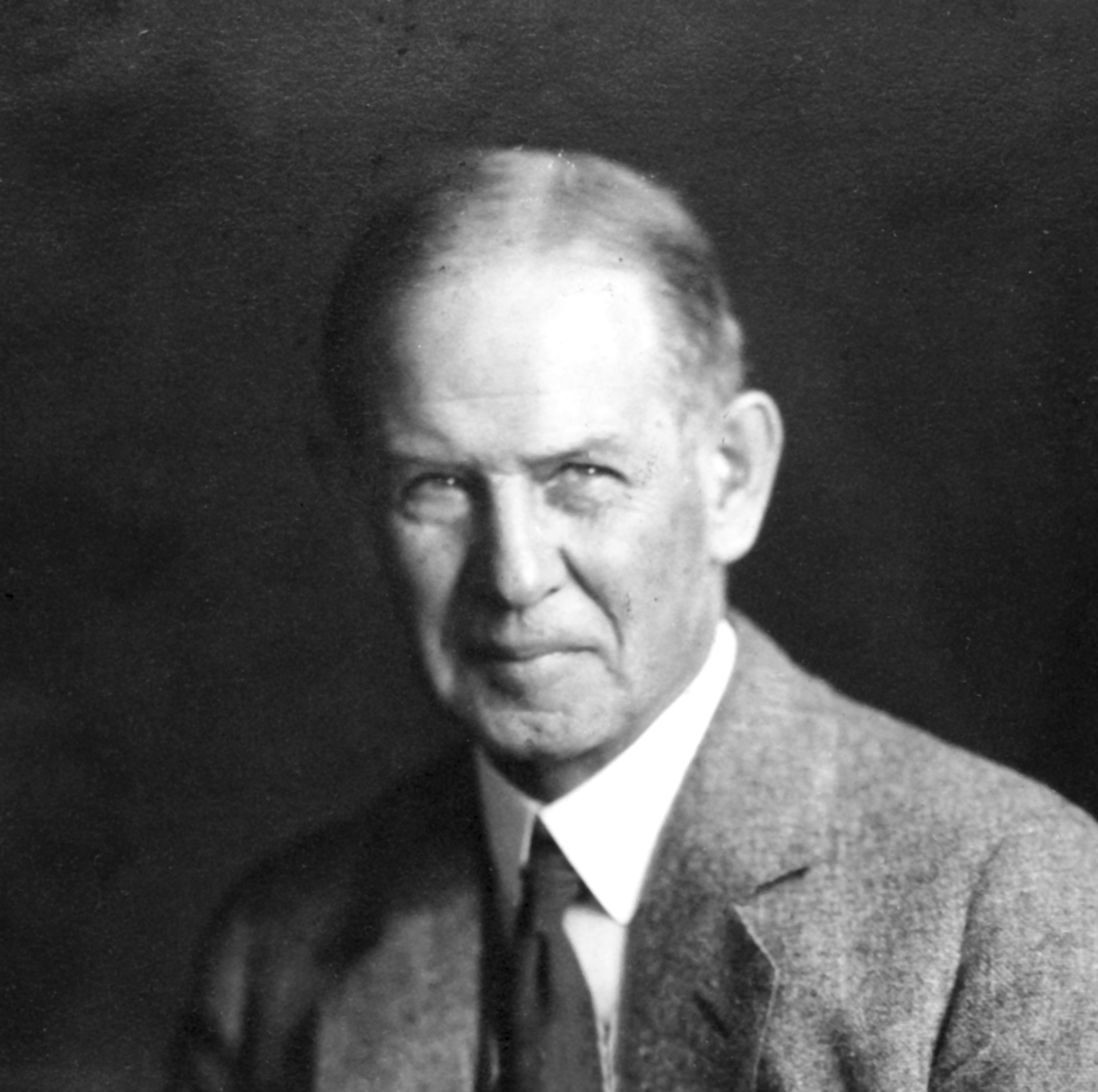Awards
- Honorary Degree - 1929
- LL.D.
- Doctor of Laws
- Bloomington, Indiana
- Presenter: William Lowe Bryan

Evans Woolen, Sr. was a prominent Indianapolis banker, lawyer, and civic leader. After graduating from Harvard, he was secretary of the Wabash Natural Gas Company in Indiana from 1889-1900; a reporter on the old Indianapolis Sentinel in 1900; and after studying law in the office of his father, after admission to the bar, was assistant to John T. Dye, general counsel for the Big 4 railroad. When the American National Bank and Fletcher National Bank consolidated in 1910, Woolen was named vice president and general counsel. In 1912, Woolen founded the Fletcher Savings and Trust Company. He served as president until 1934, and then was chairman of the board. During World War I, Woolen was appointed as Fuel Administrator for the State of Indiana, Fuel Administration and Bureau of State Organizations in the Federal Fuel Administration under President Woodrow Wilson. From 1921-22 he served as chairman for Indiana of the War Finance Corporation.
The Indianapolis Foundation owed its origin in 1916 largely due to Woolen’s foresight and the presidents of two other trust companies who joined him in establishing the Foundation. The Foundation received its first gift in 1920 and made grants in 1924, one of which was to supply leg braces for a brace shop for James Whitcomb Riley Hospital for Children. Woolen was one of the 21 Incorporators for the James Whitcomb Riley Memorial Association in April 1921. Woolen served as president of the Art Association of Indianapolis (opened in 1906 as part of the John Herron Art Institute) from 1907-1941. During his tenure, Woolen helped build the Art School and increase the art collections.
Woolen’s numerous civic leadership roles for charitable and welfare associations included vice president of the Community Chest (forerunner to United Way) and president of the Marion County Board of Children’s Guardians. As the steward of other people’s money, he displayed a steadfast character and generosity that earned community trust. His time, judgment, and ability were frequently needed, and he responded willingly to aid in the advancement of civic, cultural, welfare, and church undertakings. His financial acumen, integrity, and good judgment earned him local, state, and national respect. He led the politics of the American Bankers Association, was a member of the economic policy commission of the American Banker Association and vice-president of their trust company division. Woolen was a candidate for Congress as a Gold Democrat in 1896, his party’s nominee for United States Senate in 1926 and was groomed by Hoosier supporters as a dark horse candidate for the presidency of the United States in 1928. Woolen was defeated in 1928 when Governor Alfred E. Smith of New York was nominated in a landslide on the first ballot of the national convention in Texas.
Woolen received honorary Doctor of Law degrees from Wabash College in 1928 and Butler University and Indiana University in 1929.